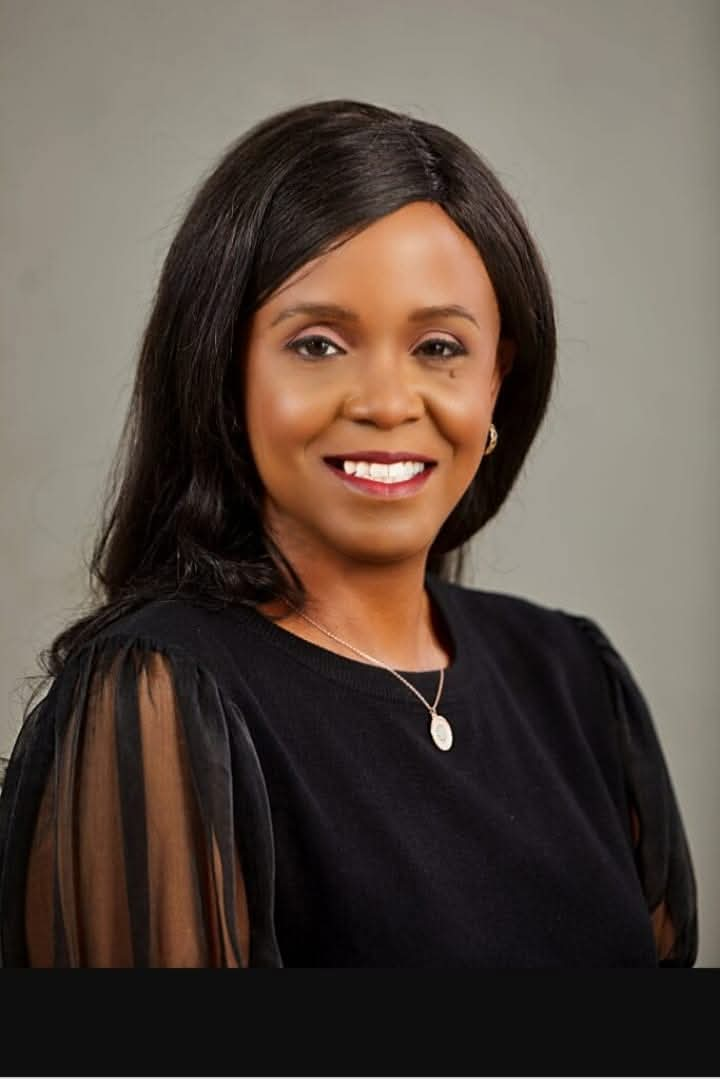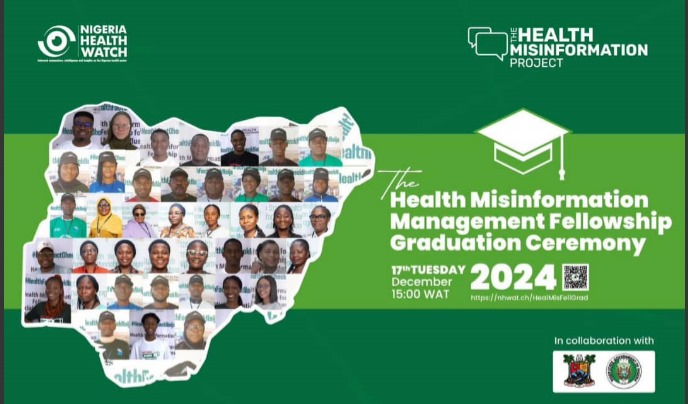In a concerted effort to combat the growing threat of health misinformation in Nigeria, Nigeria Health Watch has successfully implemented a comprehensive fellowship program. This initiative, launched in 2023, aims to bridge the gap between evidence and action, enhancing health outcomes across the country.
The fellowship program, which has completed its second and third tracks, brings together a diverse range of stakeholders, including social media influencers, creatives, bloggers, healthcare professionals, and health educators. By empowering these key players, Nigeria Health Watch seeks to provide them with the tools necessary to effectively counter misinformation, promote evidence-based health narratives, and foster public trust.

Health Misinformation Management Fellowship: Trains influencers, bloggers, and creatives to create accurate and engaging health content while combating false information online.
Health Workers Misinformation Fellowship: Enhances skills among healthcare providers to identify, address, and mitigate misinformation in their networks.
Lagos State Health Educators Fellowship: Focuses on Health Promotion Officers in Lagos to drive community engagement and grassroots mobilization against misinformation.
Achievements of the fellowship program include:
Content Creation and Digital Engagement: Fellows produced over 168 health-focused content pieces, gaining more than 56,000 views and nearly 63,000 interactions.
Community Outreach: Participants organized grassroots educational campaigns, visiting schools, communities, and healthcare facilities.
Lagos Community Impact: Health Promotion Officers in three Lagos districts developed district-specific action plans and utilized local expertise for sustainable impact.
Behavioral and Knowledge Shifts: A 31% increase in audience understanding of misinformation was achieved.
Nigeria Health Watch’s Managing Director, Vivianne Ihekweazu, emphasized the importance of collective efforts to combat misinformation and amplify credible information. “This fellowship is not just a program; it is a movement,” Ihekweazu stated. “Today, we celebrate our fellows who are now equipped to play a vital role in addressing health misinformation and fostering trust.”
The graduation ceremony featured keynote speakers, including Fatou Wurie, who stressed the importance of trust in promoting public health. “Trust, once it is built, is stronger than fear,” she remarked.
The event culminated with the announcement of the Health Information Disorder Management Network, an initiative aimed at sustaining the fellowship’s efforts by facilitating collaboration, innovation, and knowledge sharing to promote accurate health communication on a larger scale.












